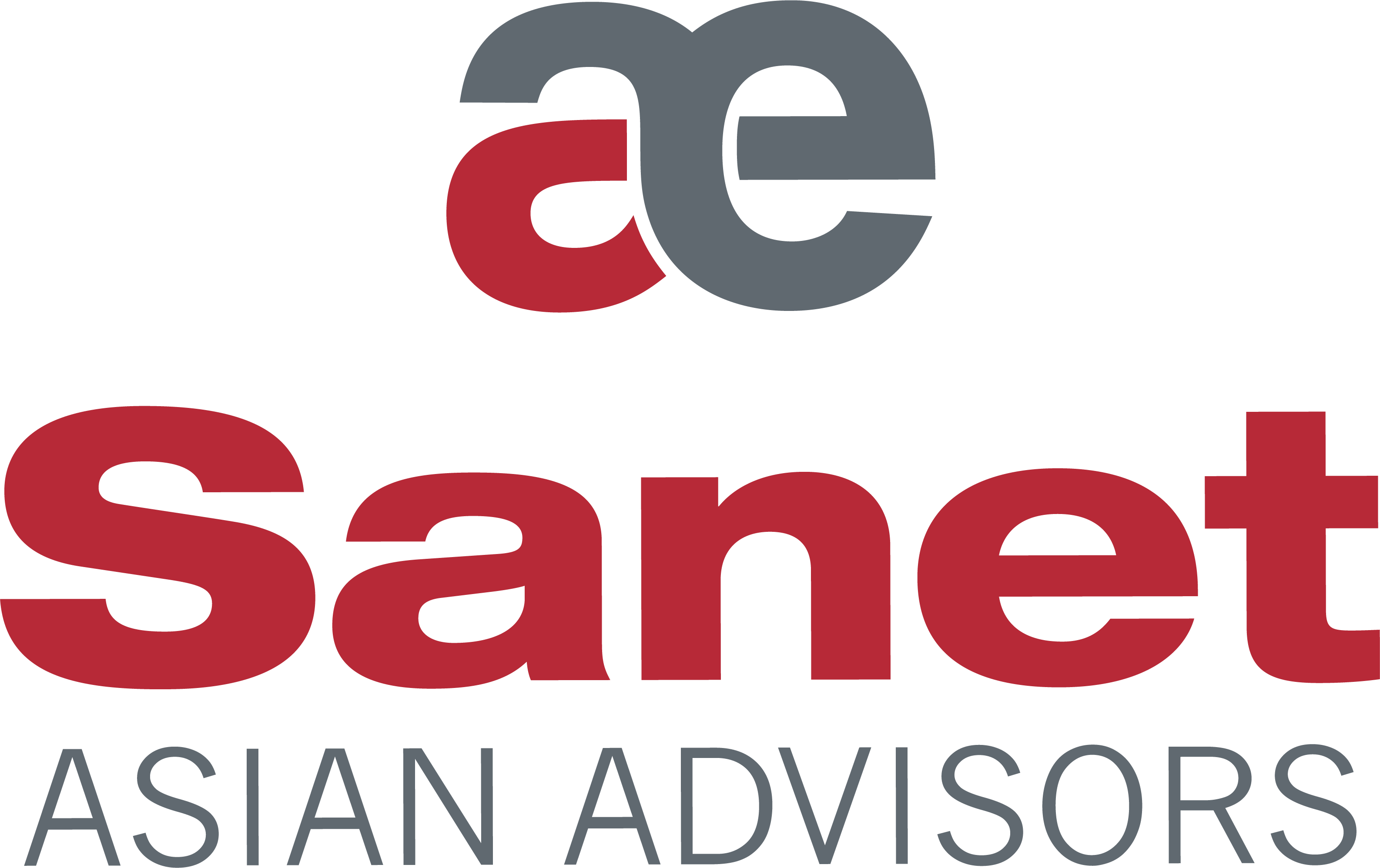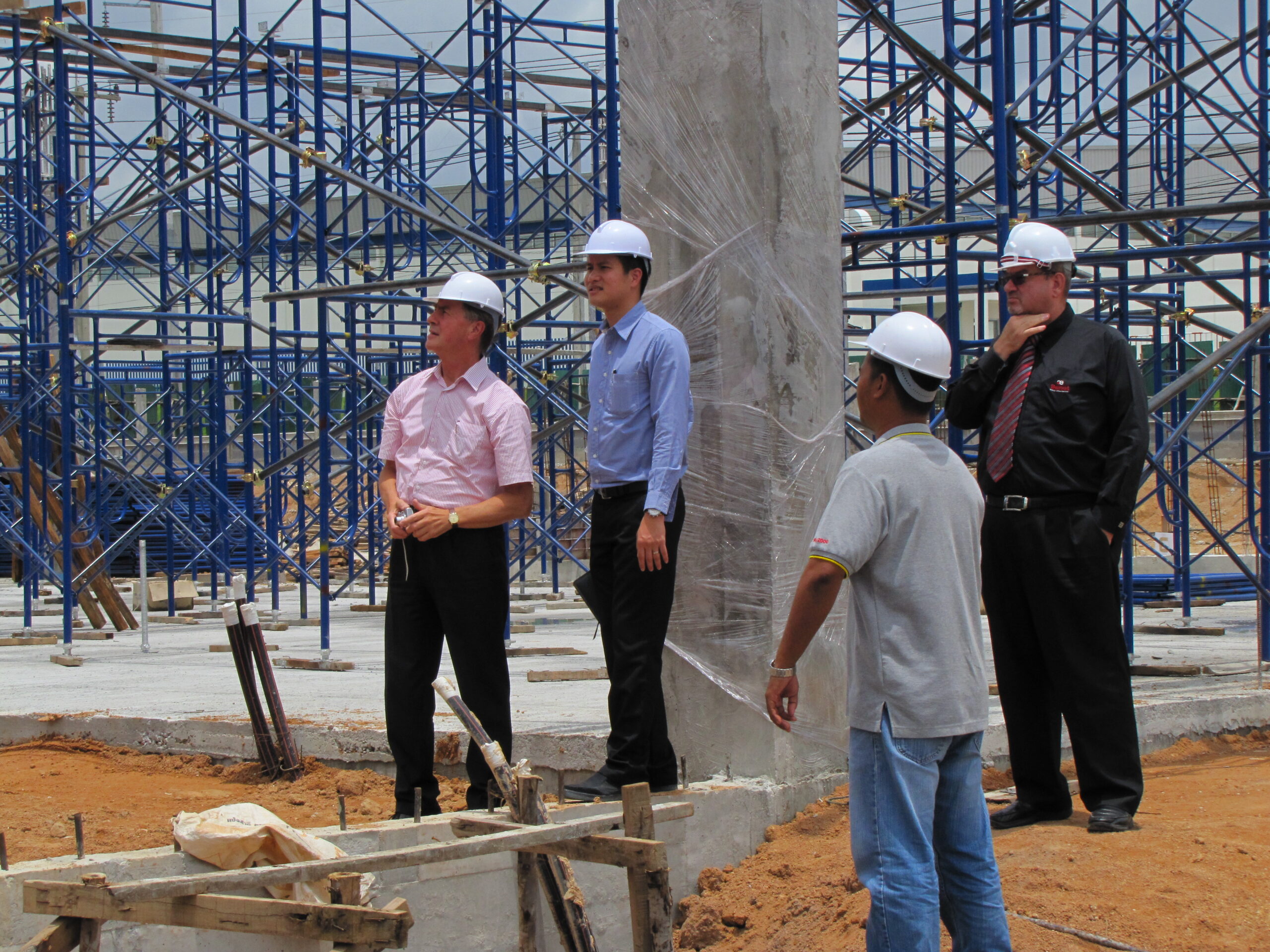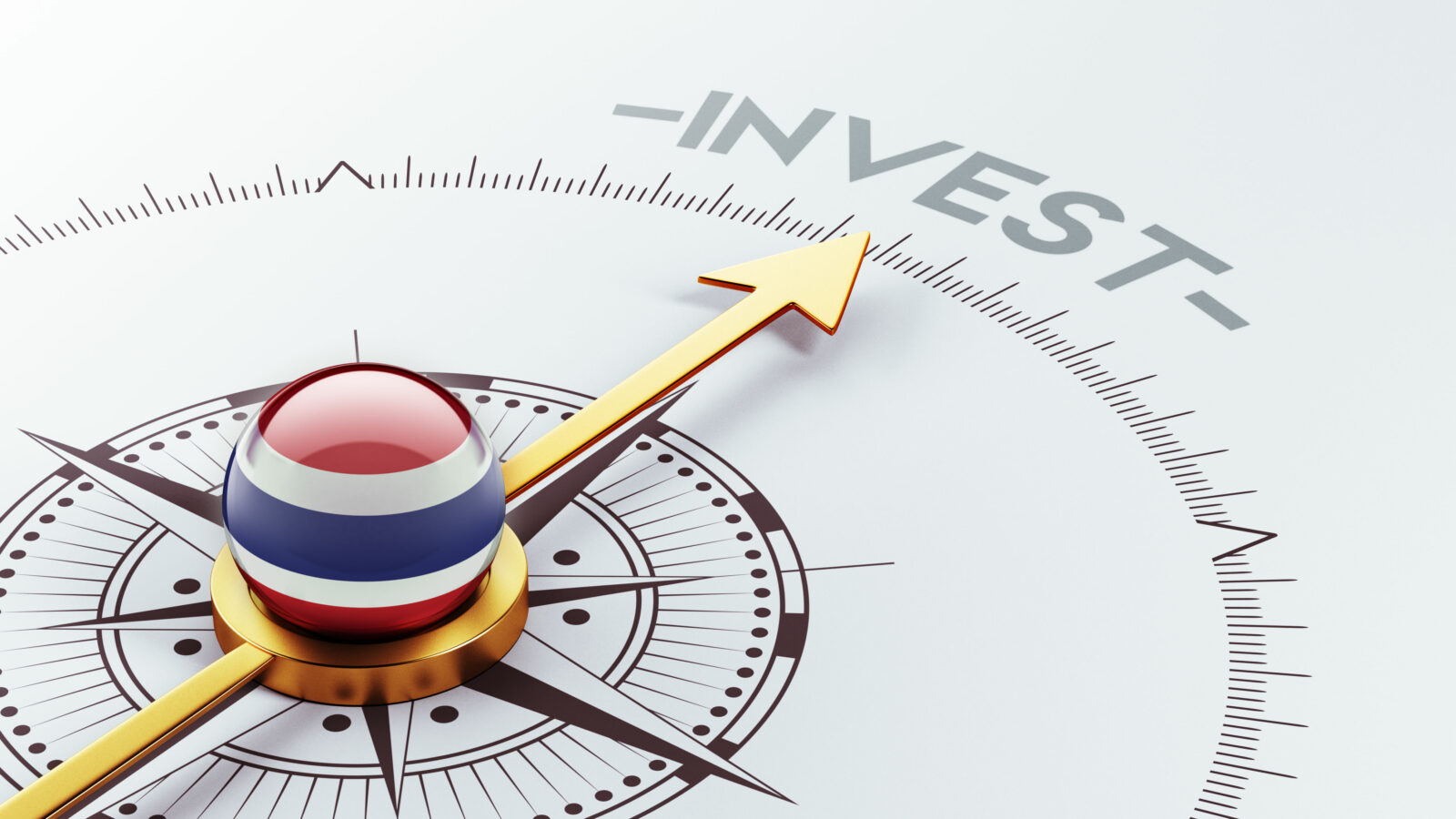If you want to serve the Asian markets from an environment characterized by a secure legal system, a top infrastructure and state-of-the-art industrial parks, the only question is whether you can afford in the long term to forego an investment in Thailand.
Investing in Thailand offers investors benefits that investors in other countries can only be envious of. The economic and political environment of this country in the heart of Asia is stable and characterized by thousands of modern manufacturers and suppliers in the electrical and automotive industries. Government incentives are generous, based on sound legal regulations and have been providing support for many years.
A labor market with technically outstanding engineers and skilled workers awaits investors. And an infrastructure with highways throughout the country, three deep-sea ports, punctual elevated express trains, whose network is growing rapidly every year, eases economic activity. An excellent healthcare system and a high quality of leisure time also make life worth living for investors in Thailand.
In addition, the Sanet Group has been offering a full service for investors in Thailand for 20 years, from strategy consultancy to legal implementation, the entire project organization with site evaluation and tendering, right through to applications for incentives or recruitment.
But first, let’s look at the benefits of investing in Thailand. These can be broken down into three groups:
The economic and political environment
With a population of over 70 million, Thailand is the industrial heart of the AEC (ASEAN Economic Union). Per capita income has increased almost fivefold since the turn of the millennium, creating a stable middle class for consumer goods. The corporate landscape is characterized by SMEs, which are responsible for almost 40% of production despite numerous large international corporations.
The automotive industry, with around 2 million cars and trucks produced and over 1400 suppliers, represents the most important part of industrial production. Almost all well-known brands, including Ford, BMW, Toyota, Honda, and Mercedes, are represented.
This year, BYD is investing USD 1 billion in an EV plant in Thailand. BYD EV vehicles with top equipment already cost around 30% less than in Europe. The state grants a purchase premium of around USD 6,000 directly via the dealer as a price reduction without even filling out a form. That’s how things work here, even without excessive bureaucracy.
But the electrical industry, packaging industry and food processing also ensure a deep, highly qualified supply market and a broadly diversified vendor base.
In addition, missing components can even be procured by land from Vietnam or China, for example, at low freight costs and without customs duties.
Uprisings, which used to be as certain as the annual rainy season, have been a thing of the past for 13 years. People are steadily enjoying a better life and there are no demonstrations beyond the usual level in other countries.
The legal system is based on the German Civil Code. However, the often-lengthy duration of proceedings and the Thai mentality, which is capable of compromise, usually lead to trade-offs.
In short: investing in Thailand is future-proof!
State promotions and foreigners’ rights
While foreign investors in many countries are tormented by state interference and “know-how theft”, in Thailand you experience the opposite: you are supported by the state “Board of Investment” (BOI) in accordance with reliable and transparent rules.
The BOI grants the right to unrestricted land ownership even for 100% foreign companies, including for the investor himself and his private residence. A BOI incentive exempts the company from all or half of the profit tax for up to 13 years. Materials and components can be imported duty-free for years.
Know-how is safeguarded by the “International Trade and Intellectual Property Court”, whose work meets international standards for the rule of law.
If you create 40% of the added value of products in Thailand, you may export to 16 countries around the world, including China, Japan, Korea and Australia/New Zealand, without your customers having to pay customs duties.
The 40% added value also includes profits and transportation costs. In addition, numerous activities and expenses, for example for training, are also rewarded with double depreciation rights. Visas and work permits for foreigners are available through the BOI’s “one-stop service”, depending on the requirements of the business plan.
In short: investment in Thailand is massively supported.
Labor market and infrastructure
Numerous highly qualified universities produce hardly any gender scientists and sociologists, but they do produce excellent graduates in electrical engineering, automation, mechanical engineering, chemistry and process control.
Labor costs are not cheap. An English-speaking and experienced sales or service engineer can earn the equivalent of USD 2,500. For factory workers without a degree, the daily wage is USD 10-16. But the statutory health and social costs for both are limited to a maximum of around USD 25 for companies and employees.
Well-developed, six to eight-lane expressways lead from Bangkok to almost all of the country’s centers, no matter how far away. Several deep-sea ports ship containers or entire shiploads all over the world, or sometimes serve the feeders to the transshipment ports of Hong Kong or Shanghai.
Medical care is ensured by a network of excellent hospitals whose facilities are the envy of many German specialist clinics. Doctors receive their medical degrees in Europe or the USA. The state often covers the costs of their studies, but doctors who have received this training have to spend several days a week over 10 years treating poorer people in the simple state hospitals, paying only USD 1 per day to cover hospital costs.
There is no need to talk much about Thailand’s standard of living and recreational value. The beaches and islands, which are close by almost everywhere, are contrasted by numerous regional metropolises, where you can find everything your heart desires from fine dining to good local cuisine, and from local handicraft products to luxury brands … whatever your wallet can afford.
In short: investing in Thailand means efficient production with a good workforce and a high standard of living!
Top management consultancy and project support from Sanet
The management consultancy in Bangkok that has been assisting for more than 20 years large and small companies with their investments in Thailand is the Sanet Group. Their numerous references speak for themselves.
Many well-known investors and clients have already involved Sanet in their initial strategic plannings.
The ASEAN ADVISORS helped to set up the right project organization, prepared site analyses, conducted negotiations with the land developers and organized the tendering process.
The Thai and German Lawyers of Sanet Legal Ltd. established the company and negotiated the government incentives provided by the BOI. And when it comes to the “go-live”, the management team acquired by CREATING CAREERS is already fully trained and ready in the temporary office close to the construction site.
In short: Investing in Thailand – the Sanet Group supports you with 20 years of experience.


